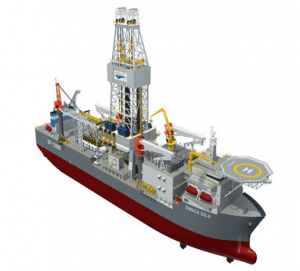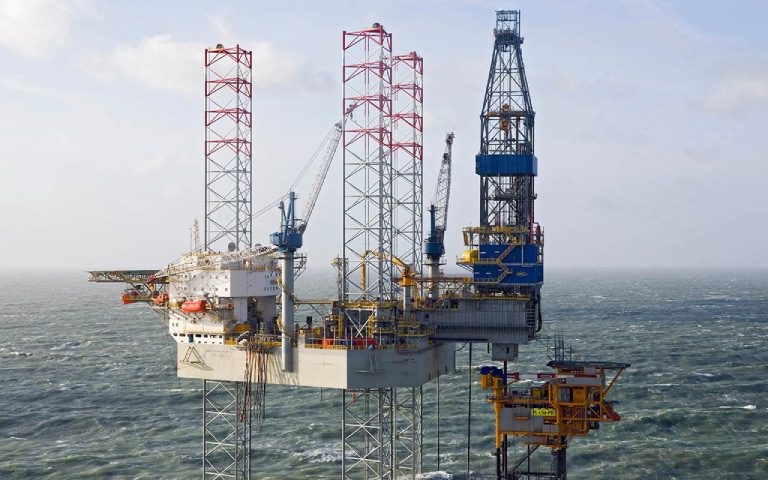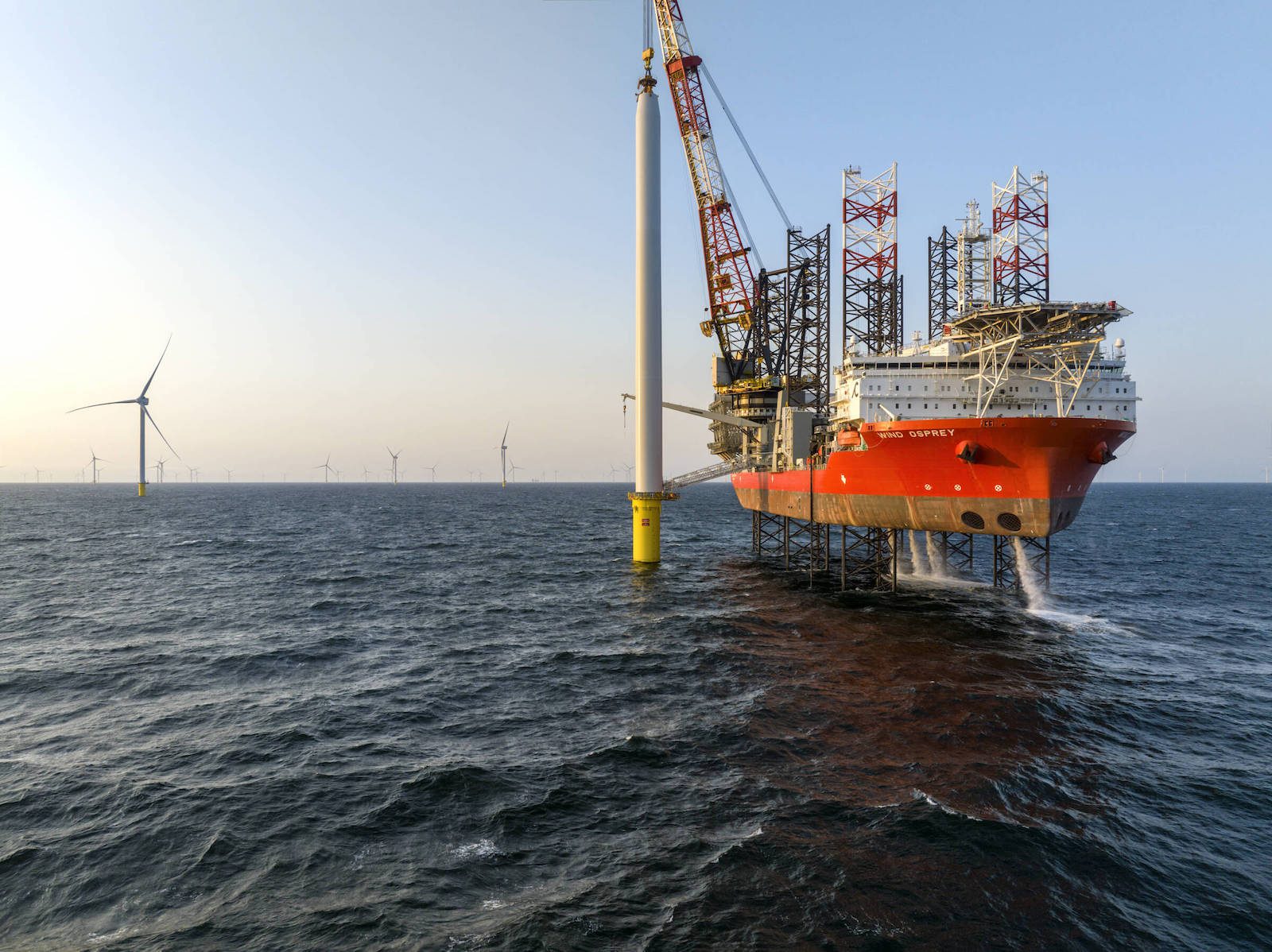The ENSCO DS-8, modeled after the Samsung GP12000 hull design.
RIO DE JANEIRO–Global energy needs will continue to drive demand for the specialized drilling rigs needed to tap ever-deeper offshore oil fields through the end of the decade, fueling increases in daily rental rates as countries such as Brazil exploit recent discoveries, an executive with Ensco Plc (ESV) said Friday.
U.K.-based Ensco, the world’s second-largest drilling company, expects growth to be led by deep-water drilling rigs and jackups, a type of shallow-water drilling platform common in the Gulf of Mexico that can be raised or lowered on legs attached to the sea floor, said Kevin Robert, Ensco’s senior vice president for marketing, in an interview. Higher rates generated by such demand should justify construction of expensive new rigs, he added.
Oil exploration is booming as companies take advantage of high international crude prices and growing demand from emerging markets such as Brazil, China and India. Important oil-producing regions such as the Gulf of Mexico and North Sea have been joined by new frontiers in Asia-Pacific, Brazil and West Africa to push exploration efforts to levels not seen since 2005, Mr. Robert said.
“The Gulf of Mexico has really bounced back,” he said, adding that the number of rigs working in the Gulf should exceed the number drilling before the Macondo disaster of 2010. Industrial growth in China, meanwhile, has caused never-before-seen demand for rigs targeting previously ignored natural-gas fields in the Asia-Pacific region, he added.
Exploration work, which can be volatile depending on commodity prices, typically leads to longer-term contracts as new discoveries are developed.
“Good exploration spending bodes well for development drilling five or six years from now,” Mr. Robert said. Development drilling typically yields the five- to 10-year contracts that are the industry’s bread and butter.
That is especially evident in Brazil, home to some of the world’s largest discoveries over the past 20 years. State-run energy giant Petrobras (PBR, PETR4.BR) plans to spend $237 billion through 2016 to develop an ultra-deep-water province known as the presalt. The fields are expected to push Petrobras’s crude oil output to 4.2 million barrels a day, more than double current production, by 2020.
Brazil represents more than half of the world’s demand for deep-water drill ships and semi-submersible rigs, with 11 of Ensco’s fleet of 70 rigs drilling there, Mr. Robert said. Ensco considered participating in a tender to build rigs in Brazil, but opted not to bid because it already had a construction program under way in Singapore, he said.
Ensco already adheres to stringent rules on locally produced goods and services, with about 70% of the crews operating offshore composed of Brazilians, according to the executive.
Mr. Robert downplayed concerns about growing government oversight of the oil and gas industry in Brazil, where the government recently implemented a new legal framework that will include production-sharing agreements for subsalt fields currently under its control.
“There’s no reason to be in a panic about Brazil,” Mr. Robert said. “[Brazil] is a very stable country with a practical and reasonable government that understands what they’re doing.”
President Dilma Rousseff’s 2010 election and a change in leadership at Petrobras, where Maria das Gracas Foster took over in February, likely resulted in a two-year delay to new bid rounds in Brazil, Mr. Robert said. Earlier this week, the government said it would hold a new concession auction in May and the first subsalt auction in November.
Recent changes show Brazil is being careful about how it wants to develop an important natural resource, and that is likely good for business, he said. “It bolsters confidence in the ability of the government to manage this and give long-term business to service contractors.”
Uncertainty is what causes companies to opt out of investments, but Brazil “is trying to make sure it’s clear how to get involved there,” Mr. Robert said.
Recent court cases against U.S. oil major Chevron Corp (CVX) and rig operatorTransocean Ltd. (RIG), which face operating bans and lawsuits related to an offshore oil spill last year, also aren’t a concern, Mr. Robert said.
“It doesn’t affect our outlook on Brazil, just like Macondo has not affected our outlook on the Gulf of Mexico,” he said. “We’ve had oil spills in the North Sea. Brazil is not the only place where these types of things happen.”
-By By Jeff Fick. (c) 2012 Dow Jones & Company, Inc.

 Join The Club
Join The Club











